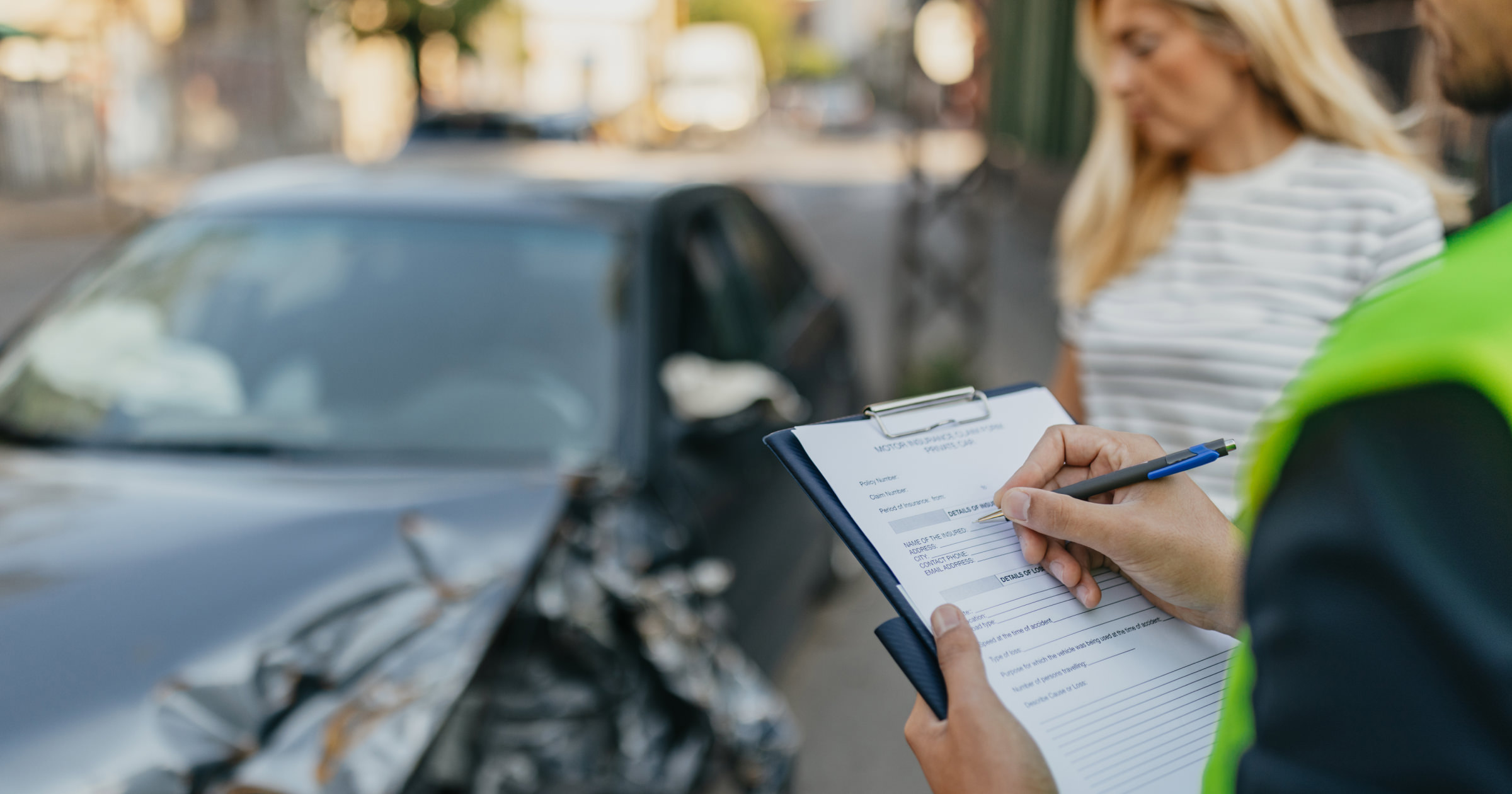A car accident can be a life-changing event, causing not only physical injuries but also mental grief and logistical issues. Knowing what to do right after the incident and throughout the process can make a big difference in getting a fair and quick settlement. This article gives a full picture of the important steps, and things to think about that will help you deal with the aftermath of a crash in a confident and effective way.
The Immediate Response at the Scene
After a crash, the first thing to think about is safety. Setting the tone for the whole process is making sure that everyone participating is safe. Moving cars to the side of the road, if it is safe and practical, stops more accidents and makes it easier for emergency personnel to get to the site. After making sure everyone is secure, it’s important to look for injuries and seek help if needed, even if they aren’t obvious right away.
Another important stage is to get reliable information on the spot. Exchanging contact and insurance information with other drivers, writing down descriptions of the vehicles, and taking pictures of the incident all assist in establishing an evidence record that will support claims later. Taking notes on the weather, the layout of the road, the traffic lights, and any obvious damage will help you better comprehend how the crash happened.
Reporting and Documentation
After leaving the area, the next step is to tell the right people about what happened. It is very important to let the insurance company know right away because waiting could hurt claims or coverage. The information given should be true and not based on guesswork or an admission of guilt. Give the insurance company all the images, witness testimonies, and police reports that you have to make sure they have all the information.
Another important part of a post-crash claim is medical documents. Keeping accurate records of all treatments, doctor visits, medicines, and rehabilitation sessions makes it easy to see how the injury and recuperation are going. These data not only help figure out how bad the injuries are, but they also help figure out how much to pay for medical bills and agony and suffering.
Understanding the Legal Framework
Understanding and working within a legal framework governing culpability and compensation is frequently required on the road from crashes to settlement. Different places have different laws about faults, comparative negligence, and the time limit for submitting claims. Knowing these rules helps people make smart choices, such as whether to deal with insurance providers directly or take legal action. You may need legal help to handle complicated matters, especially if the injuries are serious or the fault is in question.
It’s very important to establish a fair settlement during the bargaining process. Insurance adjusters will look at all the facts and generally make an initial offer. These offers can seem simple, but they often don’t show the whole cost of damage and future costs. Better negotiation power comes from being well-prepared and having a realistic idea of how much injuries, missed wages, and other damages are worth.
The Role of Expert Opinions and Investigations
After a crash expert opinions play a key role. Specialists in rebuilding accidents, doctors, and financial experts help explain why crashes happen and what they mean. To create a solid argument for the person filing a claim, these pros look at physical clues, injury types, and money lost. When claims are disputed or go to court, expert statements often become the main focus, giving weight to requests for payment.
Looking into crashes can also uncover hidden issues like broken parts or road dangers. Knowing about these can change who’s at fault and how people talk about the crash. You can search for an FHP crash report online to find important details that might have been missed at first. This shows why it’s crucial to keep good records and use all available tools to back up a strong, fact-based case.
Settlement and Closure
Settling brings the complicated and often difficult process to an end. It is very important to thoroughly read over all the details of any settlement offer before you accept it. It is best to consult a lawyer. Settlement agreements usually have phrases that free the other party from any further liability. It’s crucial to understand the full effects of these clauses so that you don’t have to pay for unexpected costs or deal with problems in the future.
Once a settlement is finalized, the money acquired can help with urgent financial problems, including medical expenses, car repairs, and lost wages. But closure isn’t just about money. After an accident, people frequently need more help and care for their mental and emotional health. Taking the time to heal completely, getting counseling if needed, and getting back to normal are all important steps in the rehabilitation process.
Conclusion
After a car crash, things can be quite stressful and confusing. However, having a clear, thorough strategy can help you take charge of the situation. To reach a good conclusion, you need to know what to do at the site, how to correctly document and report the occurrence, how to deal with legal issues, and how to work with experts. Careful negotiating and making decisions based on facts can make sure that settlements show how the event really affected the people involved. To move from shock to settlement, you need to be patient, work hard, and be well informed.

